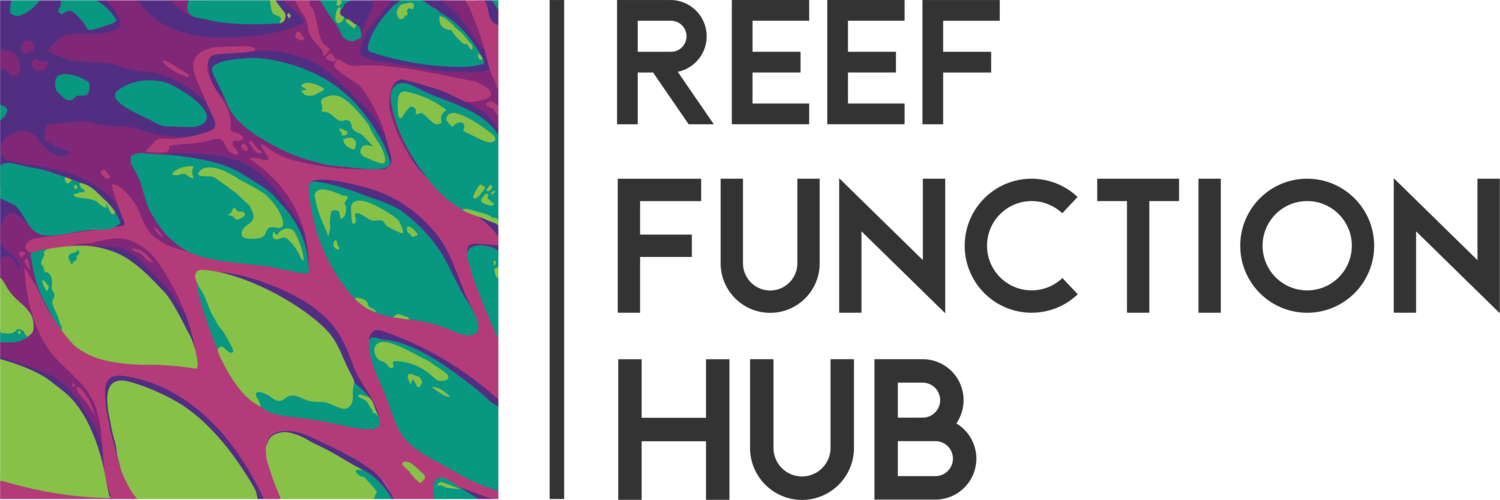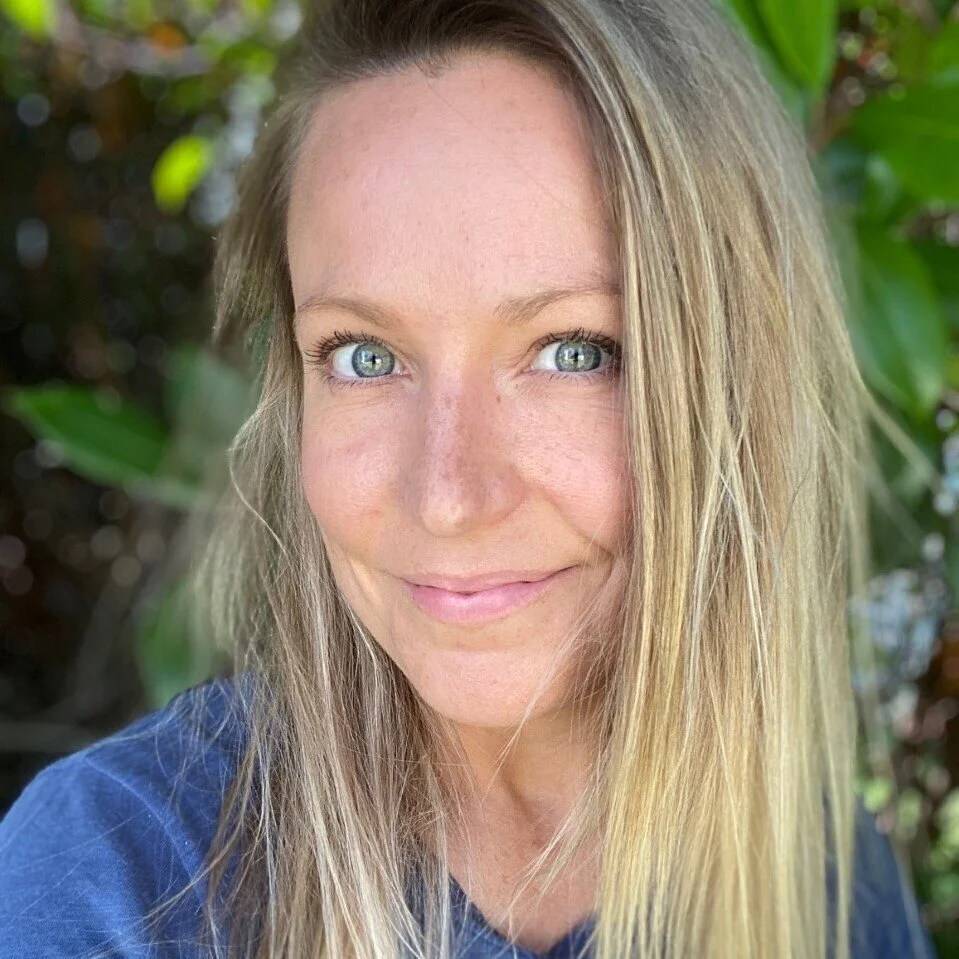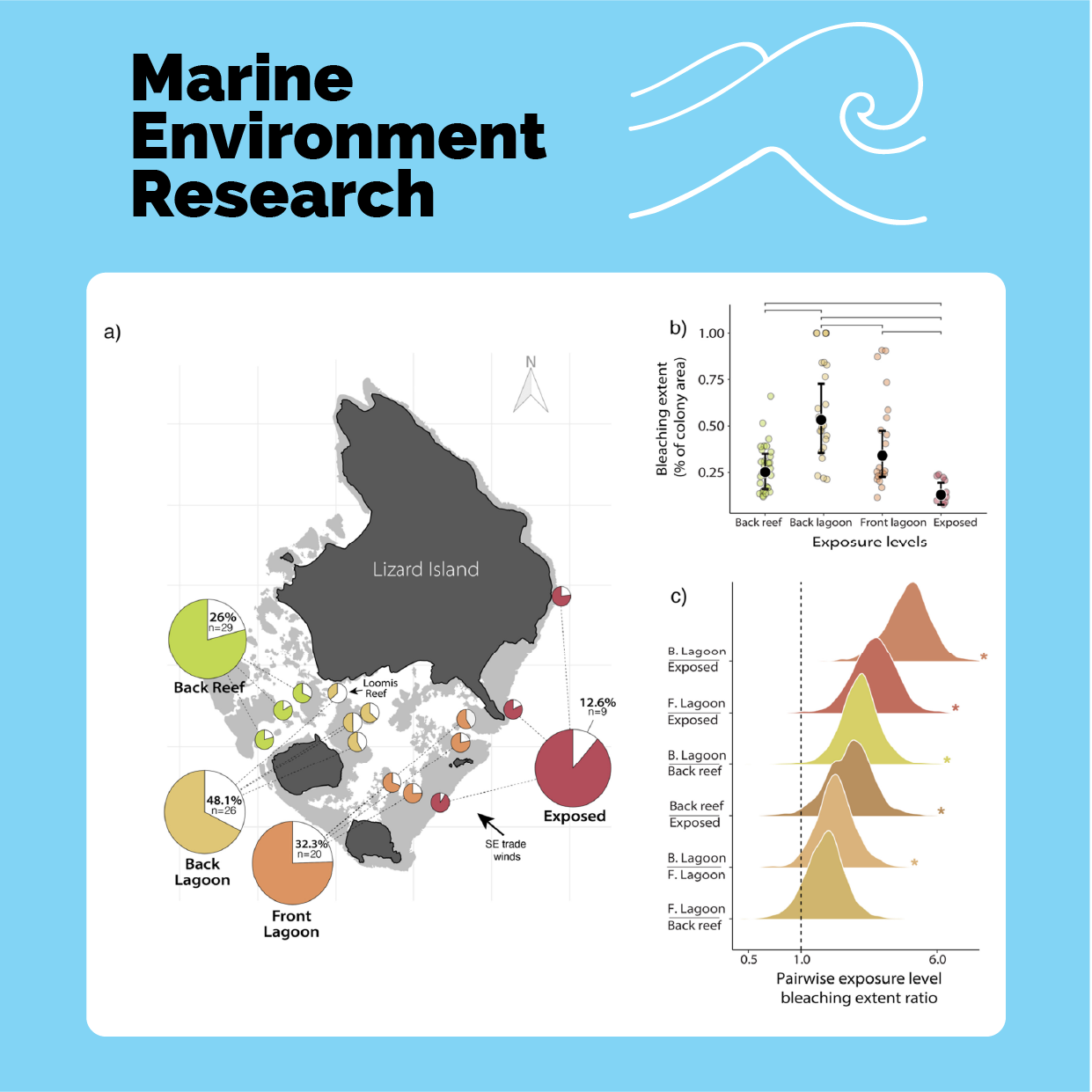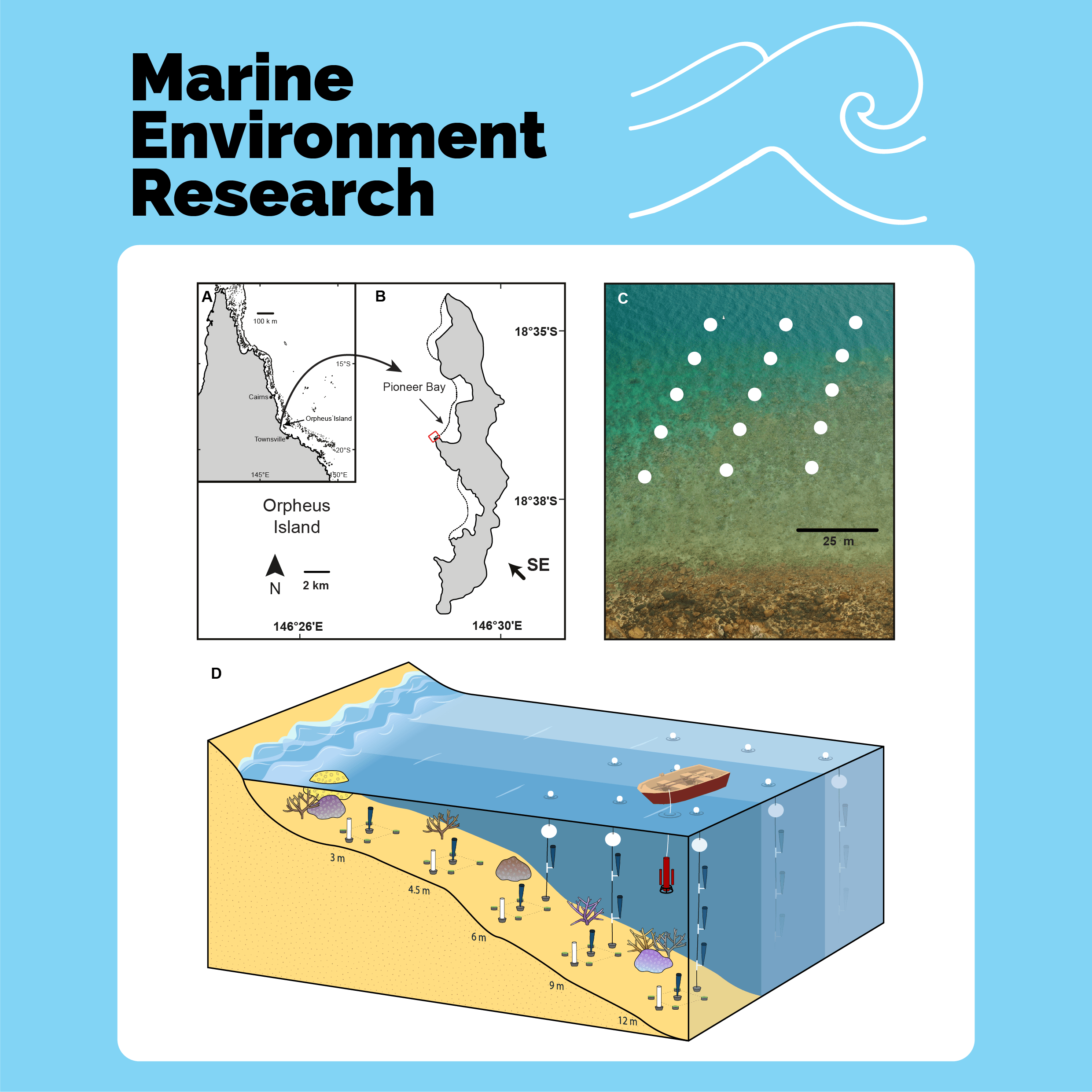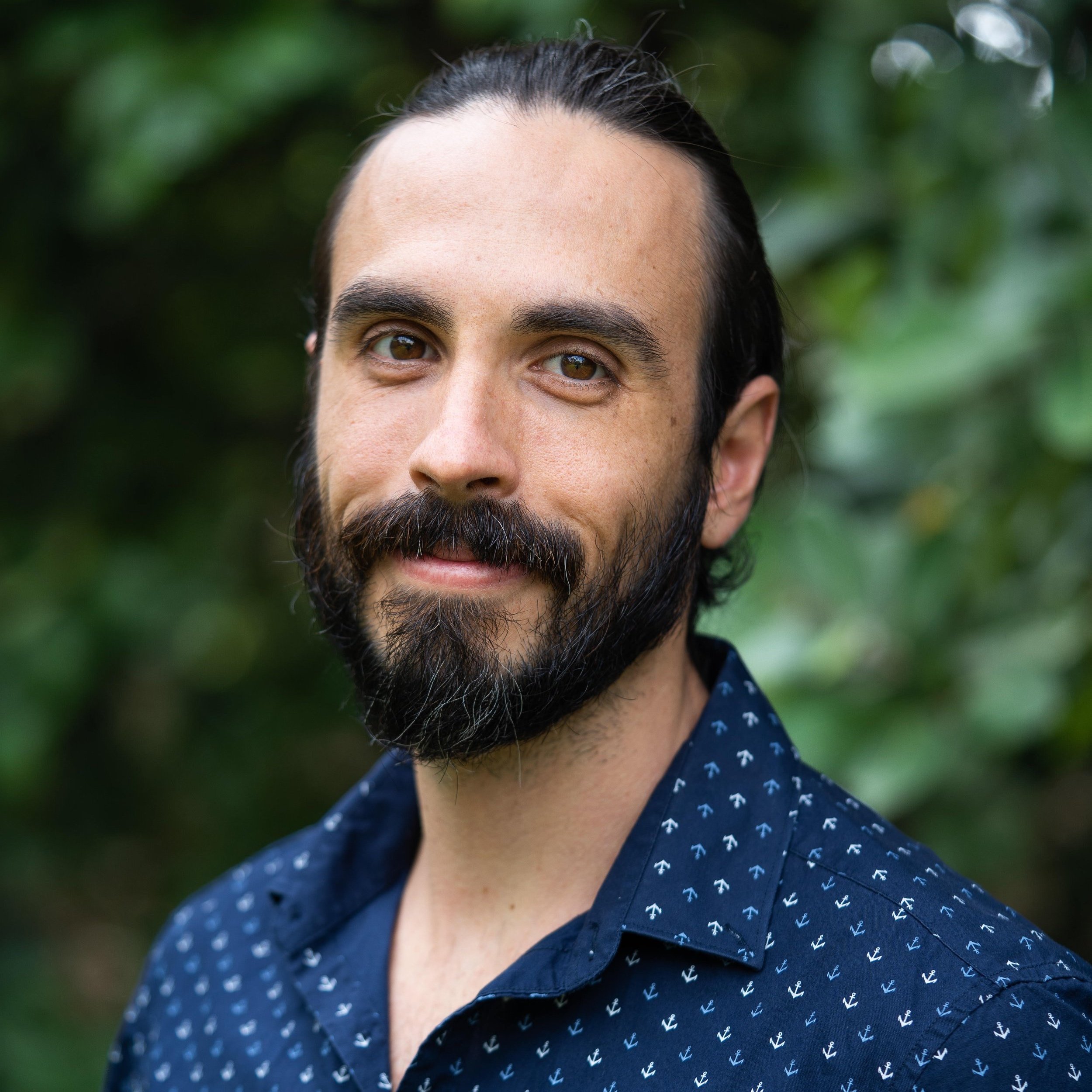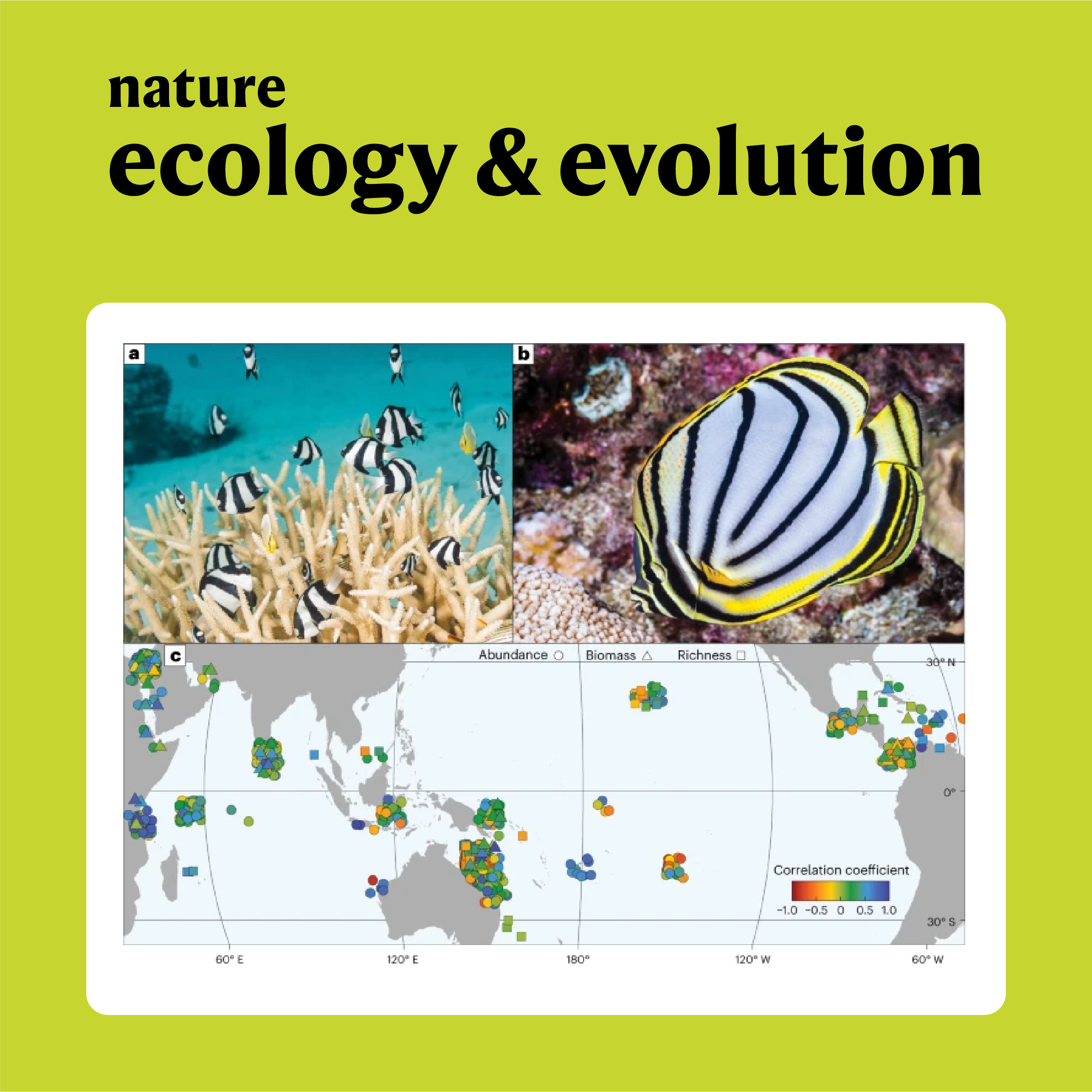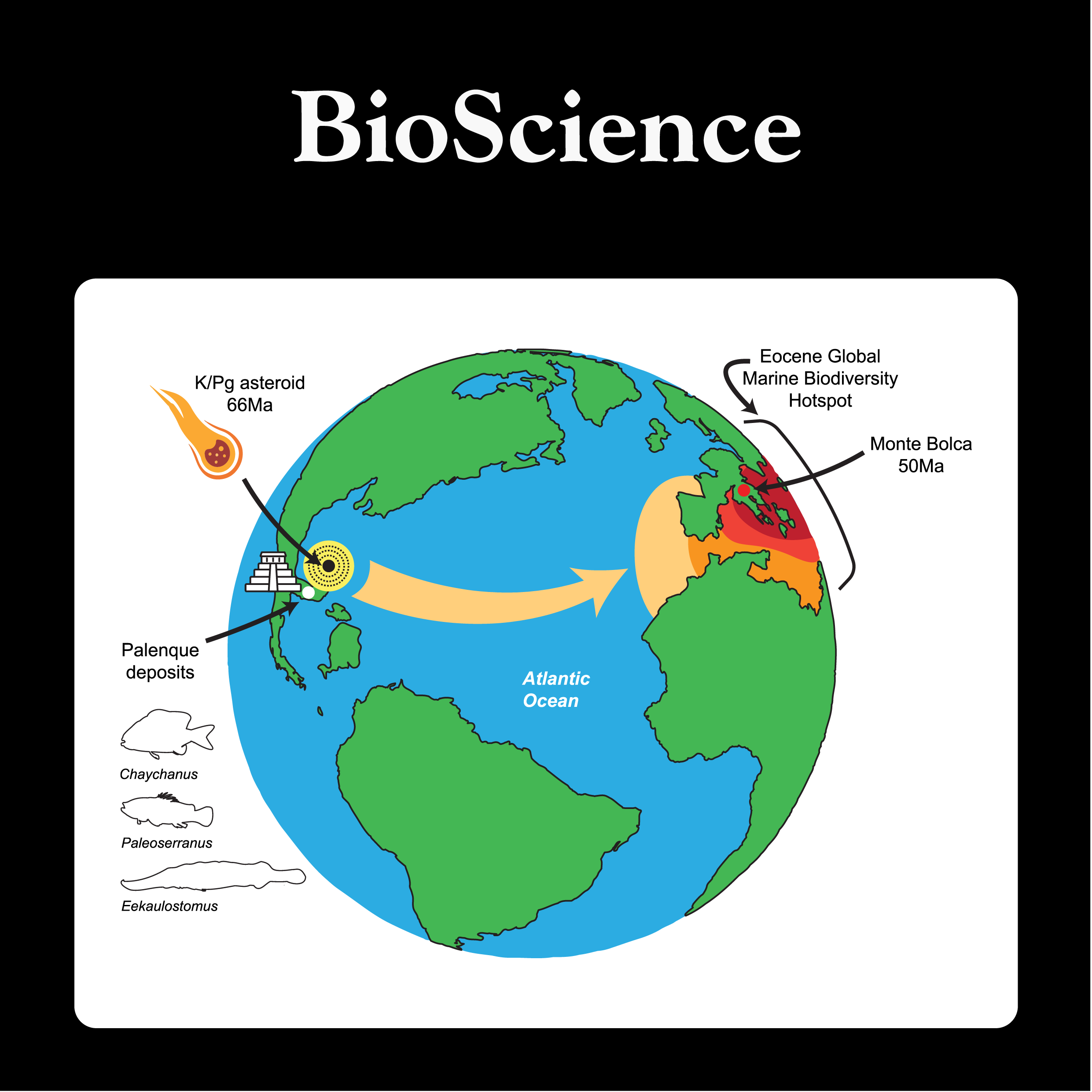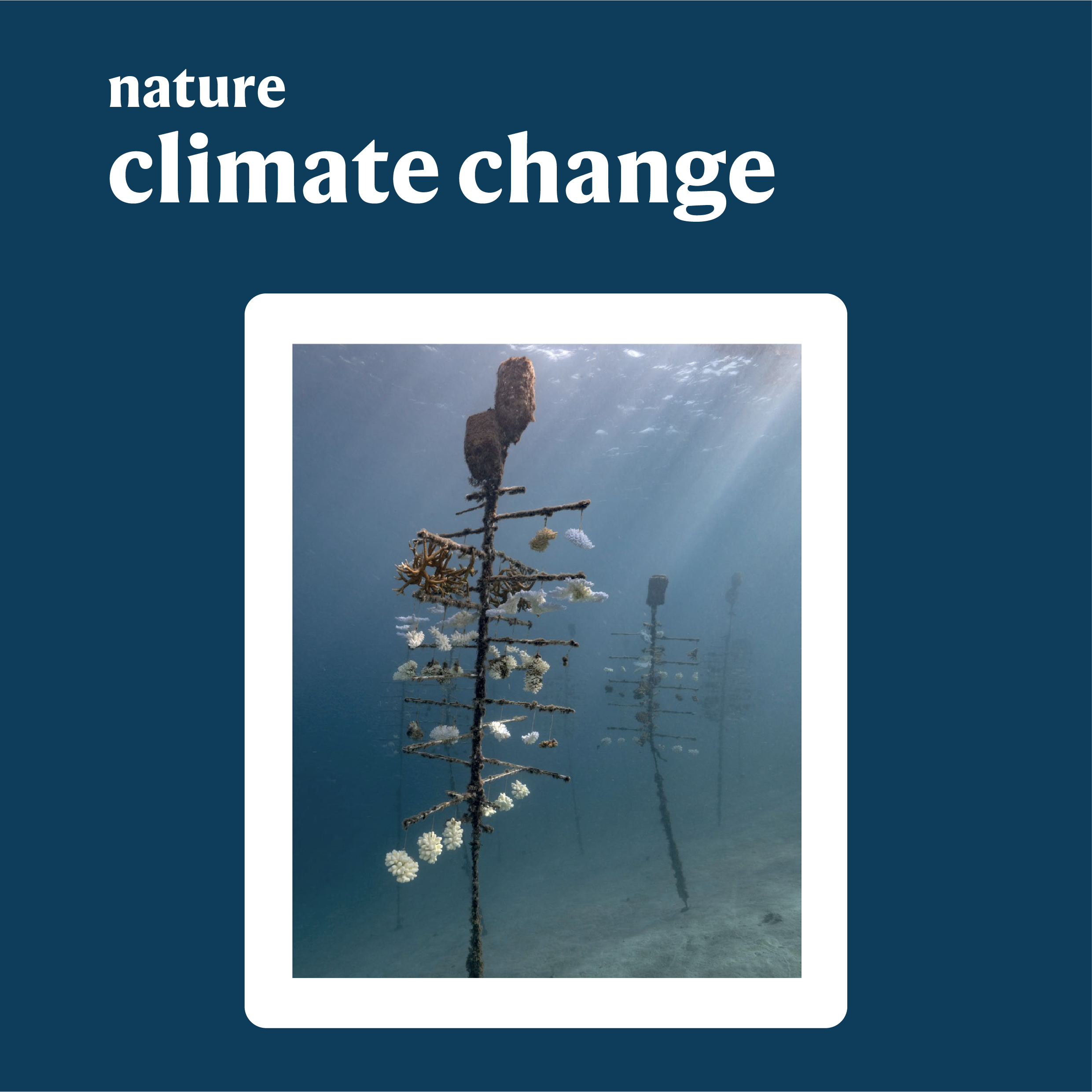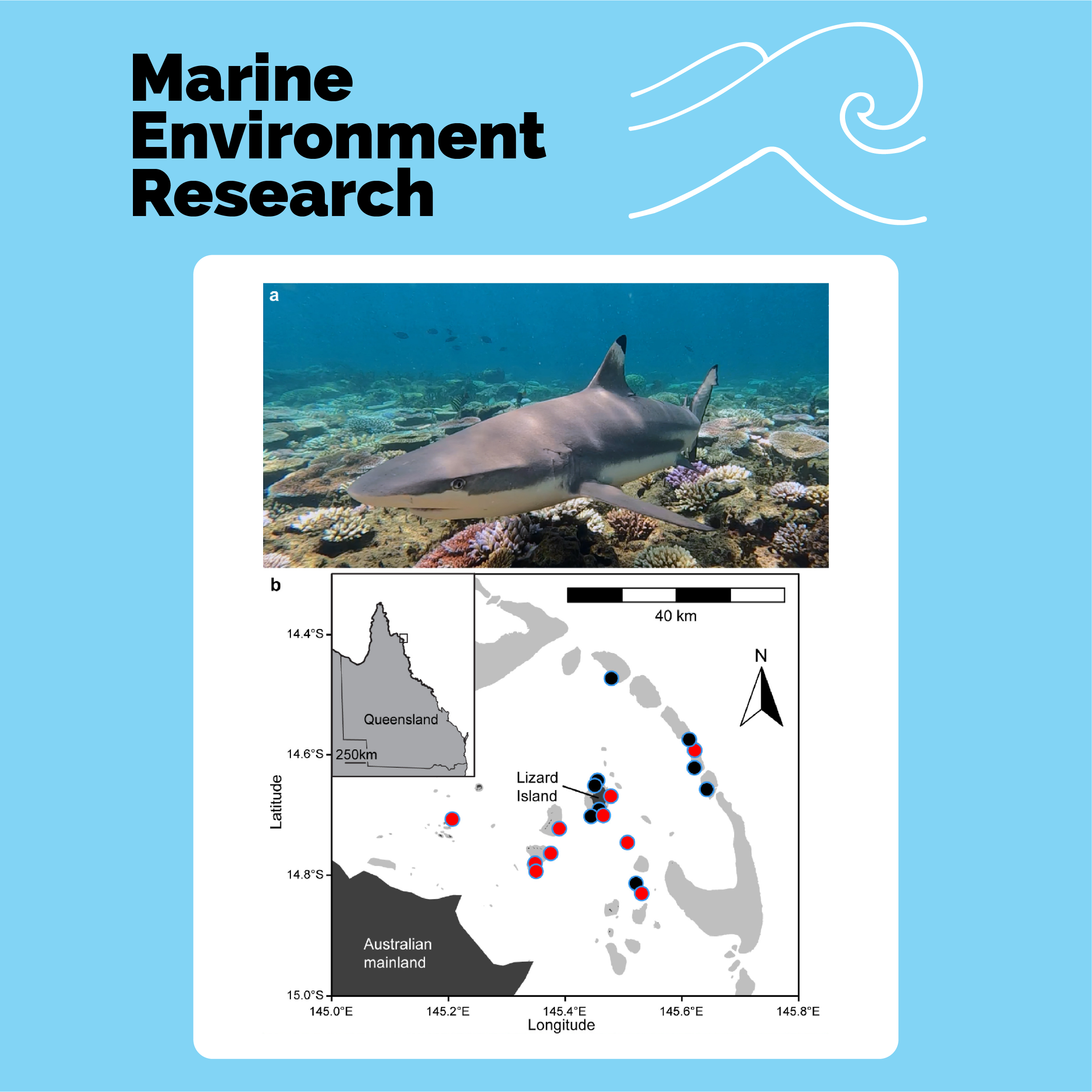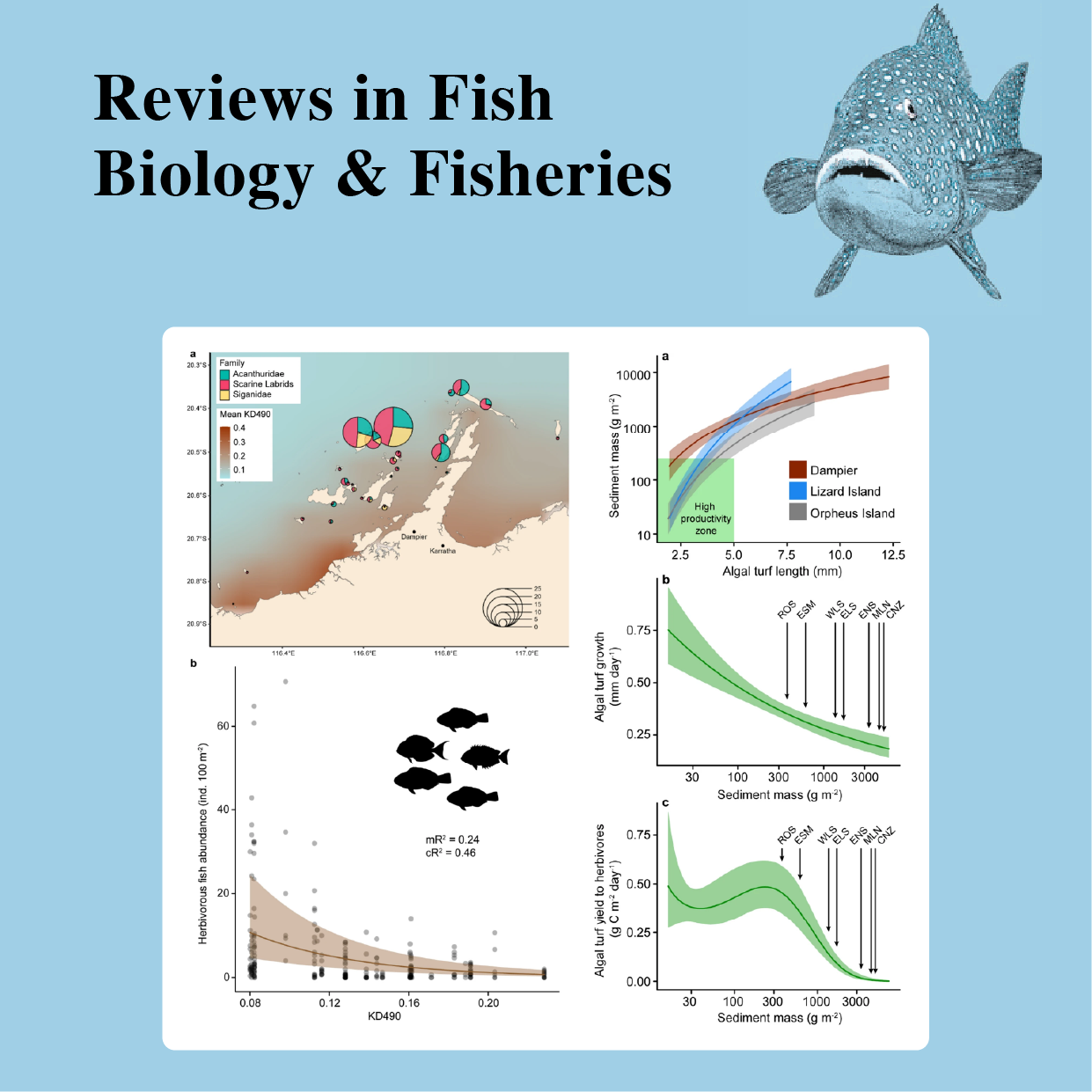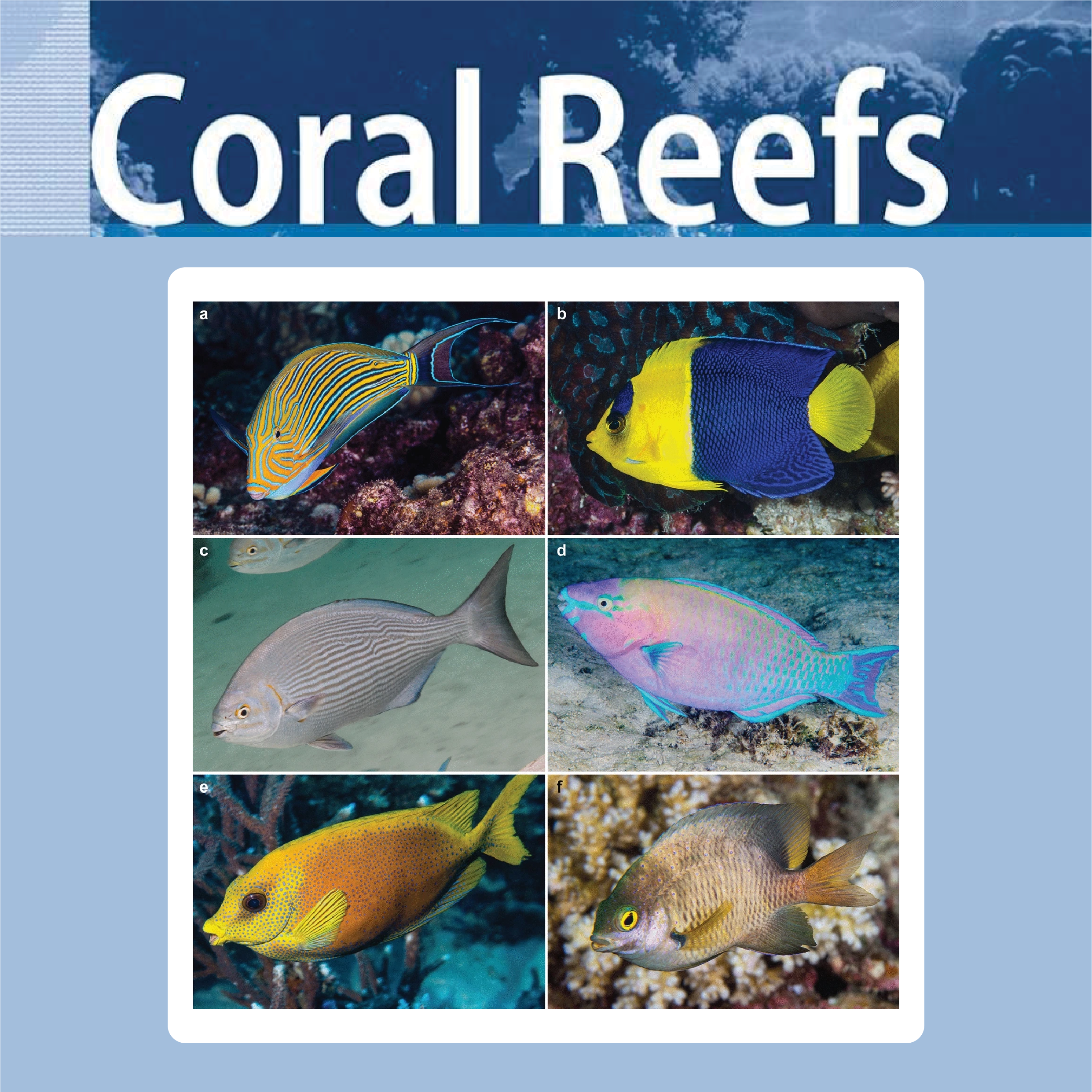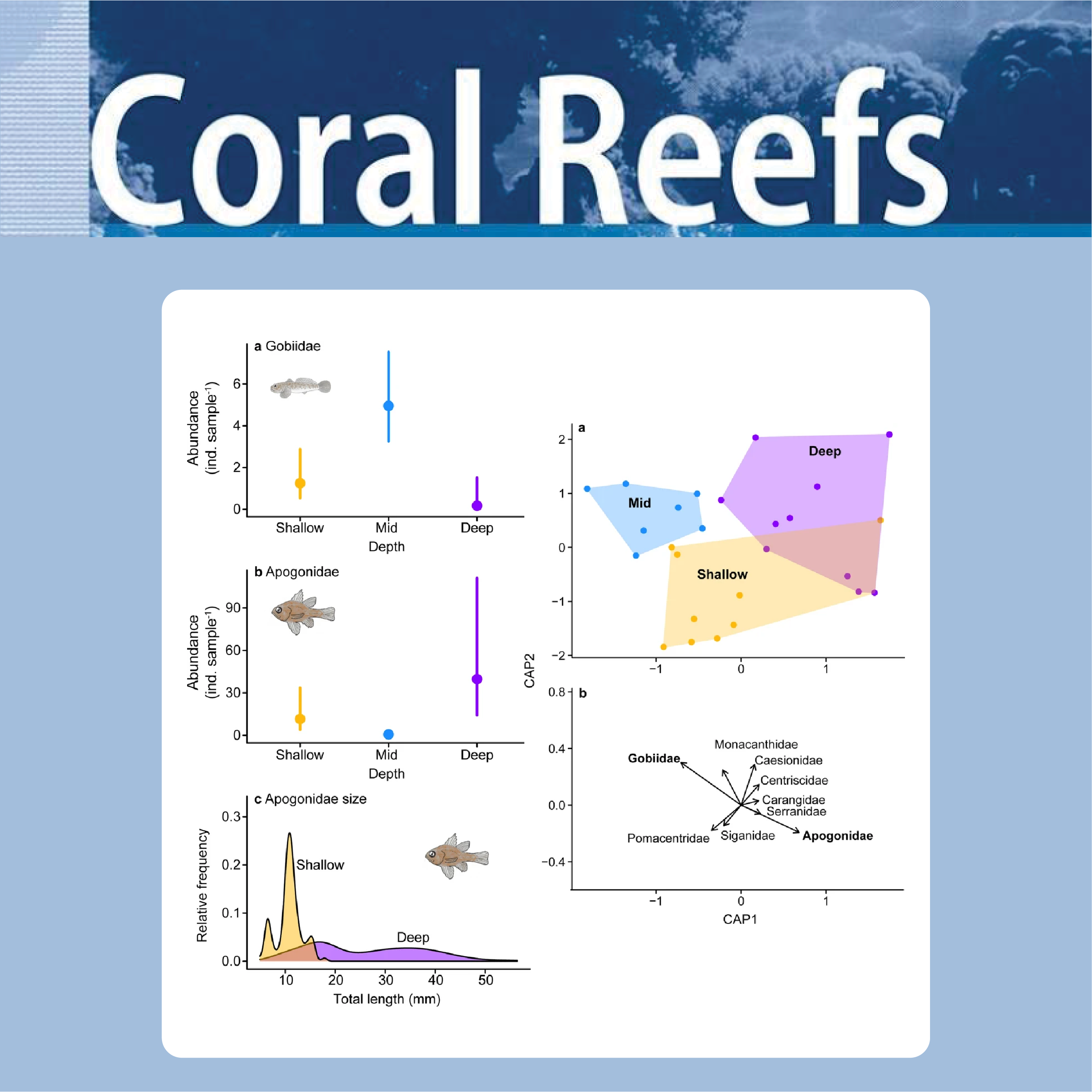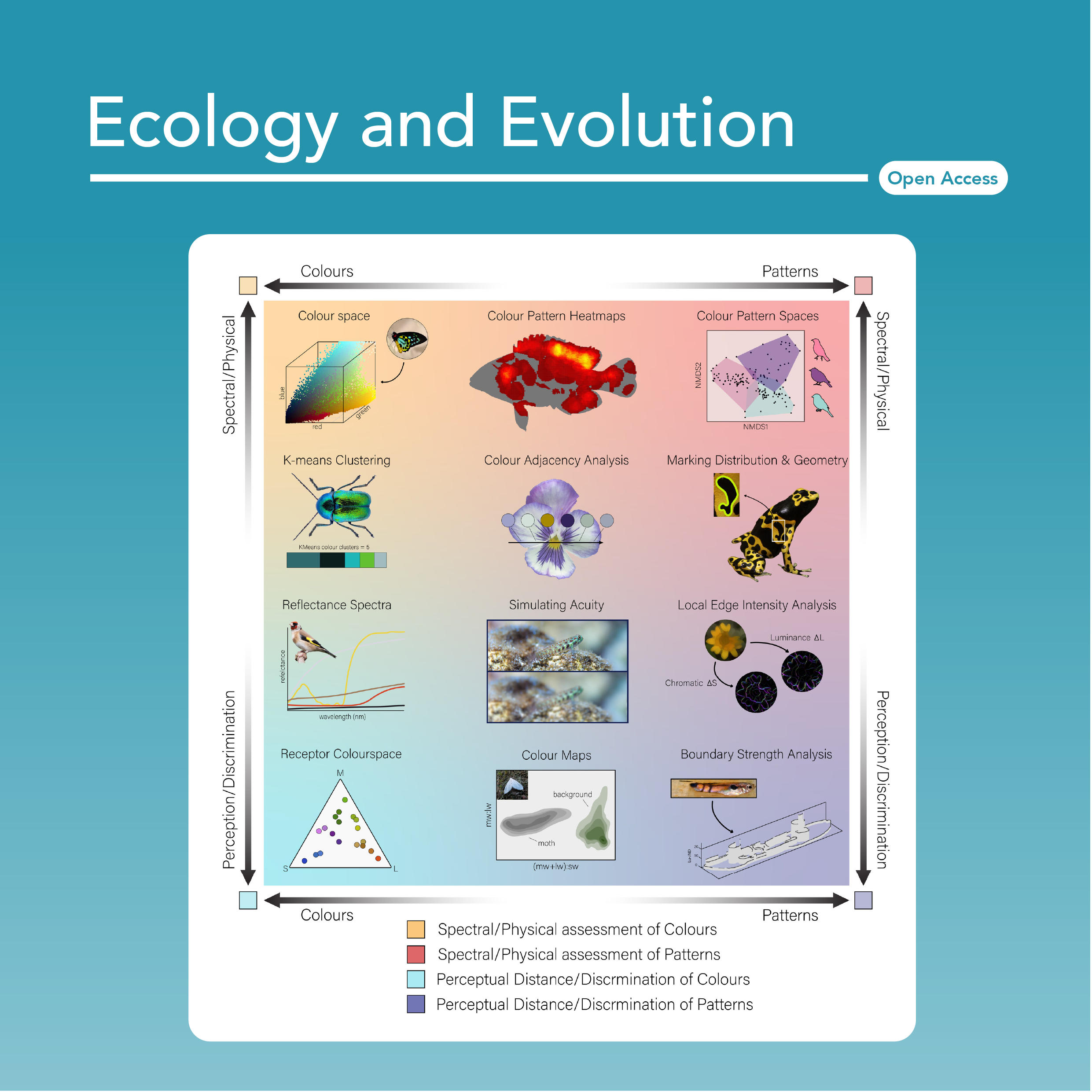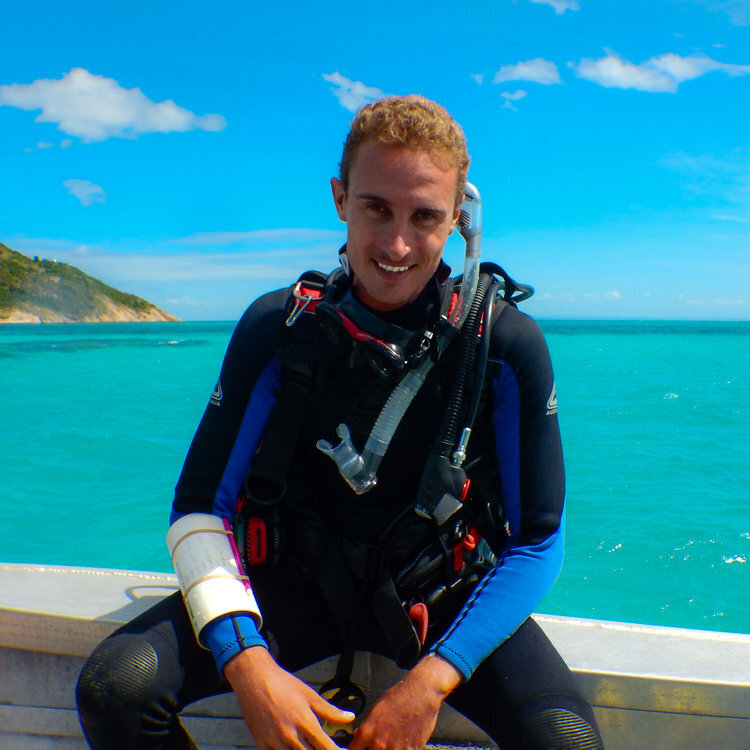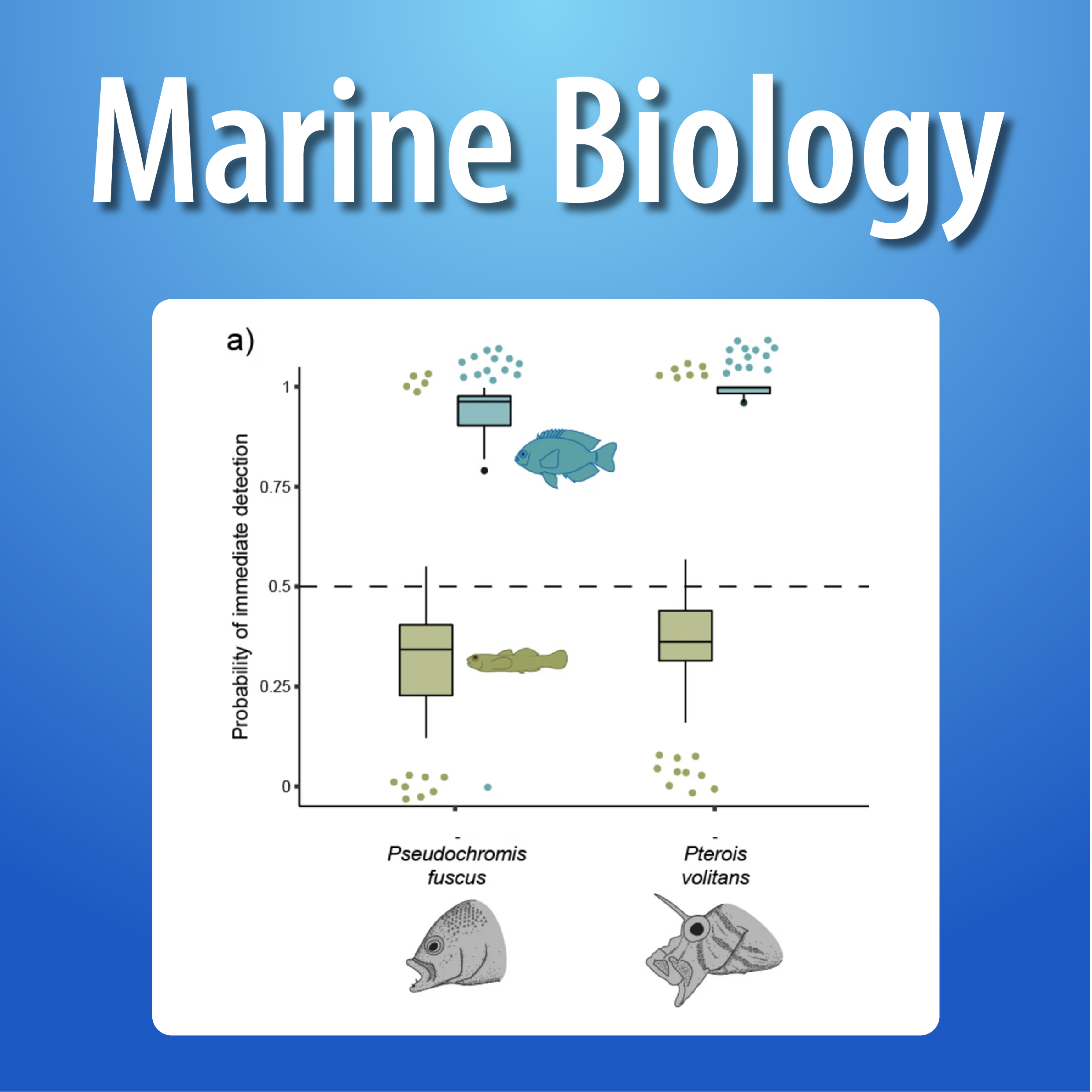Sharon Wismer
Post Doc Alumna
Post Doc
Sharon spent her childhood between the Swiss Alps and the shores of Durban, South Africa, where exploring local rock pools ignited her passion for marine life. After completing her BSc in Marine Biology at James Cook University in 2007, she managed The Bellwood Lab for next 2.5 years.
Sharon subsequently moved back home to Switzerland and finished her MSc and PhD under the supervision of Prof. Redouan Bshary, at the University of Zürich and the University of Neuchâtel, respectively, where she investigated the decision strategies and cognitive abilities of cleaner fish, Labroides dimidiatus.
In 2017, Sharon was funded by a Swiss National Science Foundation for a postdoctoral mobility fellowship. Her collaborative project investigates the impact of recent mass bleaching events on reef fishes, with a particular focus on coral-associated fishes. In her free time, Sharon enjoys spending time with her two children and engaging in community outreach projects that educate school aged children in the conservation of the natural world.
Renato Morais
Post Doc
Post Doc
A quick glance at Renato's "pre-settlement" life in inland Brazil would not suggest any particular involvement with the ocean. Yet, he tortuously traced his path to coastal southern Brazil, where he undertook his Bachelor in Biological Sciences and Masters in Ecology at the Universidade Federal de Santa Catarina. He studied the patterns and drivers of reef fish biomass along Brazilian reefs, supervised by Profs. Sergio Floeter and Carlos Ferreira. In June 2016 he joined Prof. Bellwood's lab to start his PhD focusing on the productivity of coral reef fishes.
During his PhD, he developed a framework to improve and popularise estimates of fish biomass production in high-diversity ecosystems via the R package rfishprod (Morais and Bellwood 2020 Coral Reefs). This framework allowed interesting insights on the energetics of coral reefs (e.g. Morais et al. 2020 Functional Ecology), which opened the door for topics Renato will be pursuing during his post-doc at the Reef Function Hub. These topics include the role of spatial subsidies in the production of fish biomass on coral reefs (follow up from Morais and Bellwood 2019 Current Biology), and whether or not buffering productivity (i.e. the resistance of production facing overexploitation; follow up from Morais, Connolly and Bellwood 2020 Global Change Biology) is a process likely to sustain reef fisheries yields.
Renato’s Reef Function Hub publications
Jodie Schlaefer
Post Doc
Post Doc
Jodie grew up in Canberra, Australia’s land locked capital. She loved all things science from a young age, and family holidays on the New South Wales coast fostered her fascination with the marine environment. Jodie completed her BSc (Hon, Marine Biology) in 2014 and her PhD in 2020, both at James Cook University, and both under the supervision of Prof. Michael Kingsford and Prof. Eric Wolanski.
Jodie’s research has principally focussed on how populations of aquatic organisms are shaped by both the traits/behaviours of the organisms and the physical properties of their environments. She has studied a variety of organisms including coral reef fish larvae, jellyfish and seagrass. As an ARC Laureate postdoctoral research associate in the Function Hub Jodie investigated the functions of currents from an ecological and physical perspective.
Current position (2025): Postdoctoral research fellow, CSIRO
Jodie’s Reef Function Hub publications
Alexandre Siqueira
Post Doc
Post Doc
Being born where the Brazilian savannah meets the rainforest, Ale has always been fascinated with biological diversity. This fascination led him to study Biological Sciences, and during his degree he started working with freshwater fishes. Although these fishes taught him a lot, he decided to fulfill a passion for the sea and went on a search for more salty environments.
In 2015, he earned a MSc degree in Ecology from the Federal University of Santa Catarina, examining evolutionary processes related to the latitudinal distribution of reef fish biodiversity. Between 2015 and 2016 he was hired as a lecturer of Ecology and Vertebrate Zoology at the same university.
Then, to dive deeper into the evolution of coral reefs, he decided to make a move far from home and settled in Australia. He finished his PhD at JCU in early 2021 under the supervision of Peter Cowman and David Bellwood, examining the evolution, macroecology and biogeography of coral reef fishes from a trophic perspective.
As a Post Doc at the Reef Function Hub, Ale will investigated the evolution of key functions in coral reef organisms and its consequences for present-day biodiversity patterns.
Current position (2025): Vice Chancellor's Research Fellow, Edith Cowan University
Ale’s Reef Function Hub publications
Robert Streit
Post Doc / Communications
PhD & Post Doc Alumnus | Reef Function Hub Communications Manager
Already as a child Bert enjoyed poking around in reef flat rock pools while growing up on the shores of the Indian Ocean in Kenya. After finishing school and his undergraduate studies in biology in Munich, Germany, that early interest for reefs and the tropics washed back to the surface and lead him to study his Master’s degree (and eventually PhD) at James Cook University in Townsville, Australia.
He completed his postgraduate research on browsing herbivorous fishes in the Bellwood Reef Fish Lab in 2014. After a break making coffees, he started his PhD in 2016, supervised by David Bellwood and Graeme Cumming. In his PhD, Bert focused on movement and space use in reef fishes - basically trying to understand how fishes move around their home and how this influences ecological functions and reef resilience.
Following his PhD, Bert worked as a postdoctoral researcher and communications manager in the Reef Function Hub. In his research he studied “functional traits” as a research tool and continues to work on spatial questions in reef ecology: what are functional ranges of fishes, how can we map ecologically critical behaviour and how can we use new technology like 3D photogrammetry for ecological questions?
Current position (2025): Postdoctoral researcher
Bert’s Reef Function Hub publications
Sterling Tebbett
Post Doc
Post Doc
Sterling grew up on Australia’s Sunshine Coast where he became interested in the marine environment and fishes, from a young age. He has been at JCU since 2012 and completed a BSc in Marine Biology in 2014 and an Honours in 2016, under the supervision of David Bellwood and Chris Goatley. His honours examined how sediments mediated interactions between surgeonfishes and algal turfs on coral reefs. Since completing his honours he worked as the lab manager in the Bellwood Lab up until the end of 2018. In 2019 he started his PhD under the supervision of David Bellwood and Sean Connolly. Sterling’s PhD research built on his earlier honours research to understand how fishes, sediments and productivity interact to sustain the functioning of future coral reef configurations.
As a postdoc in the Reef Function Hub, Sterling undertook a diverse array of research that covers multiple taxonomic groups and spatial scales. This research ranges from small-scale field-based studies aimed at examining the functional roles of key organisms through to global-scale studies that utilise a macroecological approach to understand coral reef change. His research also extends to the conceptual side of studying ecosystem functions and he is particularly passionate about continuing the development of process-based perspectives to investigate coral reefs. Despite this diverse array of research, it all shares one common theme: a focus on understanding how coral reefs function.
Current position (2025): Postdoctoral researcher, University of Tasmania
Sterling’s Reef Function Hub publications
Christopher Hemingson
PhD Student Graduate
PhD Alumnus
Christopher (Chris) grew up on the Gulf Coast of Texas in the United States. His interest in the ocean started at very young age when his family would vacation to the beach in the summer months. However, it was his first experience diving in the Caribbean that solidified his passion for coral reefs. He received a Bachelors of Science in Wildlife and Fisheries Sciences from Texas A&M University (gig ‘em!) but this deep-seeded interest in coral reef ecosystems eventually brought him to James Cook University.
After completing his masters research project which studied how fish assemblages differ between coastal habitats (reefs, seagrasses, and mangroves), Chris decided to pursue a Doctoral Degree. His PhD research investigates the factors responsible for the extreme diversity of colours and patterns found on coral reef fishes.
Current position (2025) : Stengl-Wyer Scholar at University of Texas, Marine Science Institute
Watch Chris explain his latest research on coral reef fish colours in the video below:
Chris’ recent publications
Victor Huertas
PhD Candidate
PhD Alumnus
As a kid growing up in Barcelona, Spain, the Mediterranean Sea was Víctor's playground. Spending hours snorkeling in the northwestern Mediterranean, he quickly developed an appreciation for the marine environment. After earning his undergraduate degree in Spain, he moved overseas and spent five years in the western Caribbean, where he combined field research with conservation activities. In 2016, he completed his Masters Degree in Marine Biology and Ecology at James Cook University. In his MSc thesis, supervised by Prof. Bellwood, Víctor described an unusual lip adaptation in tubelip wrasses that enables them to feed on corals. In his PhD, he investigated the effects of coral-feeding fishes on coral reef resilience under a range of scenarios.
Current position: Post Doctoral Researcher, James Cook Unviersity
Victor’s Reef Function Hub Publications
Michalis Mihalitsis
PhD Candidate
PhD Alumnus
Michalis (Mike) is half Greek and half Danish. He grew up next to the Mediterranean Sea where he developed a passion for fish. After completing high school in Greece, he moved to Denmark to study Biology at the University of Copenhagen. He then moved to Australia to undertake a Masters degree at James Cook University, under the supervision of David Bellwood, where he started working on piscivorous fishes. Mike continued his focus on the nature of piscivory on coral reefs through his PhD, from the perspective of both predators and prey. His research focused primarily on morphology and behaviour, and has components of both aquarium-based experiments and fieldwork.
Current position (2024): Postdoctoral research fellow at UC Davis, California
Mike’s Reef Function Hub publications
Juliano Morais
PhD Alumnus, Research Assistant
PhD Candidate
Despite his passion for the ocean since his childhood, Juliano grew up in Brazil more than 1000 km from the coast, where he undertook his Bachelor in Biological Sciences at the Federal University of Goiais. In 2016, he moved to the Northeast coast of Brazil to do his Master's degree at Federal University of Paraiba and get closer to his great interest and passion: marine life diversity.
During his Master’s, he worked with coral reef diversity and also collaborated with the creation of a 422 km2 marine protected area in the state of Paraiba. After completing this step, he decided to move to Australia to dive deeper in this field and, in 2020, he joined the Reef Function Hub as a PhD student focusing on population dymanics and benthic ecology in a functional context.
Juliano’s Reef Function Hub publications
Francesca Coleman
Masters Student
Masters Alumna
Since she can remember Francesca has always loved the ocean. From spending weekends out sailing with her Dad to crabbing with her friends and attending beach clean-ups, she took every opportunity to learn about the ocean. Growing up in England the legacy of great British naturalists such as Charles Darwin and David Attenborough inspired her to travel the world and pursue a career in natural science.
Francesca completed her minor project, as part of her MSc in Marine Biology, under the supervision of David Bellwood and Alexandre Siqueira with a focus on biogeographical barriers. After graduating, Francesca aspires to continue her research in biogeography and tropical evolution.
Lucas Lutzenkirchen
Masters Alumnus
Masters Student
Lucas first became interested in the marine environment and its inhabitants at a young age when he visited the aquarium in his hometown Berlin, Germany. After finishing a nursing degree and spending most of his time travelling overseas, Lucas picked up the pencil again to start a Bachelor of Science in Marine Biology in Townsville in 2019.
Following his degree, Lucas completed a Masters of Philosophy with the Reef Function Hub investigating reef flats systems through a spatial lens with Prof. David Bellwood and Dr. Stephanie Duce.
Current position (2025): PhD candidate, Edith Cowan University
Lucas’ Reef Function Hub publications
Jessica Valenzuela
Masters Student Graduate / Research Assistant
Masters Student Alumna / Research Assistant
Growing up in the landlocked region of north Texas in the United States, Jessica's passion for marine biology arose from her father's love for marine life, David Attenborough documentaries, and trips to the local aquarium. Determined to explore the ocean for herself, she moved to southern California, where she completed her undergraduate degree in 2016 at Claremont McKenna College. In 2019, she came to James Cook University to pursue her interest in tropical reef fishes. Under the supervision of David Bellwood and Renato Morais, she completed her masters in 2020. Her research project investigated ontogenetic habitat shifts in Caesioninae, a group of planktivorous fishes. Jessica also worked as a research assistant for the Reef Function Hub.
Jess’s Reef Function Hub publications
Samantha Crisp
Honours Student
Honours Student
Sam considers herself extremely lucky to have been raised in the small coastal town of Esperance, Western Australia, where her life inevitably revolved around the ocean. She had first-hand experience with local environmental issues from an early age and broadened her awareness of challenges involving environmental management, via travel abroad. With marine conservation as her passion, she commenced her Bachelor of Advanced Science (Marine Biology) at James Cook University, in 2018. After graduating in 2021, Sam completed her Honours with the Reef Function Hub, investigating phase shifts on coral reefs under the supervision of David Bellwood and Sterling Tebbett.
Samantha’s Reef Function Hub publications
Caitlin Philipps
Honours Alumna
Honours Student
Caitlin spent most of her childhood sailing and exploring the Victorian coastline which sparked her passion for the marine world. Caitlin moved to Townsville where she began a Bachelor of Advanced Science in Marine Biology at James Cook University in 2019. After graduating in 2021, Caitlin completing her Honours degree with the Reef Function Hub investigating currents and hydrodynamic models on coral reefs and how they can be used by marine ecologists.
Current position(2025): Oceanographic experimental scientist, Australian Institute Marine Science
